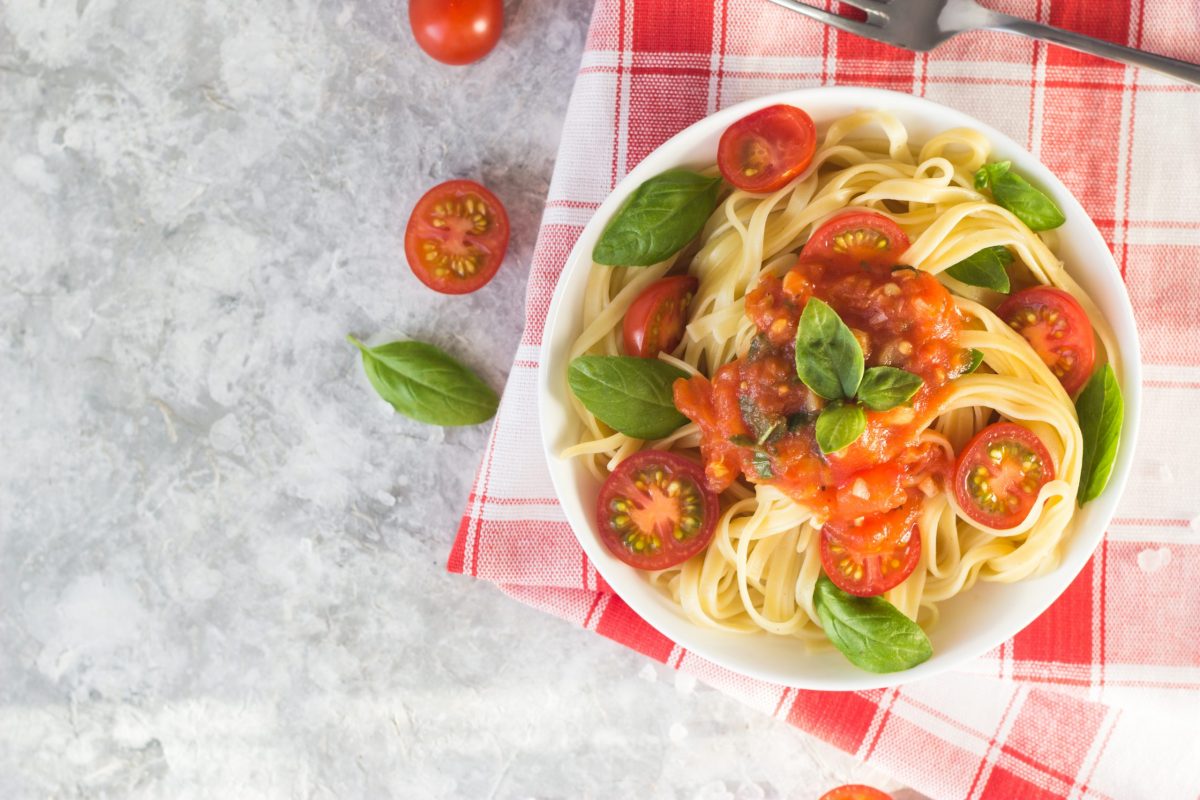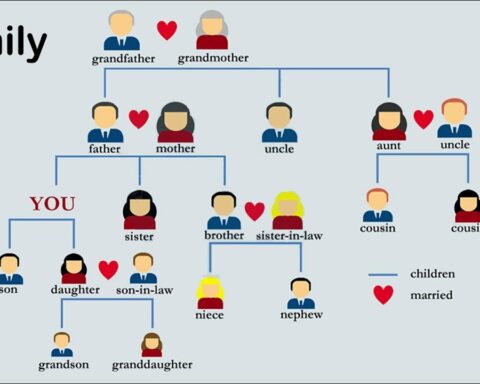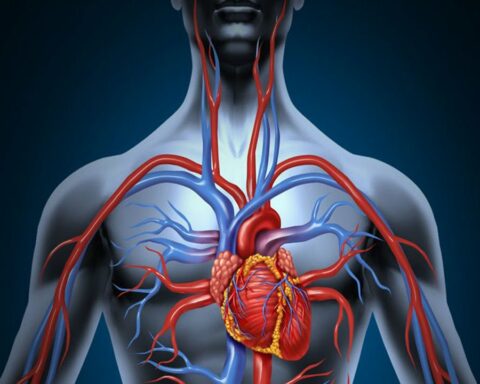A low-carb diet will involve avoiding or limiting consumption of bread, grains, some fruits, pasta, cereals, sweetened yogurt, juice, milk, beans, and legumes.
A low-carb diet is recommended for individuals looking to lose weight and control diabetes. It involves avoiding high carbohydrates, such as candy, cakes, and sweetened drinks, and deciding on which staple food to sacrifice can be a challenge as these foods are considered healthy in nutritional value through having a high number of carbs. An individual’s total daily carb limit determines which foods you will eliminate and which ones you will retain. Normally, low-carb diet advocates for the consumption of 20-100 grams worth of carbs daily. The following foods should be limited if not avoided by anyone practicing a low-carb diet.
Bread and grains
Many cultures have bread as their dominant staple food that comes in several forms, such as bagels, loaves, rolls, and flatbread. However, bread and grains, whether whole grain or refined, are high in carbs. Consider the number of carbs in the average bread, though the count may slightly vary depending on portion size and ingredients.
- A slice of white bread has 13grams of carbs and one gram of fiber.
- One slice of Whole-wheat bread has 15 grams of carbs and two grams of fiber.
- A ten-inch flour tortilla contains 34 grams of carbs and two grams of fiber.
- A three-inch bagel contains 29 grams of carbs, out of which one is fiber.
Therefore, eating something like a sandwich, bagel, or burrito could put individuals above their daily carb consumption. If you follow a low-carb diet and still want to get its taste, make your low-carb bread at home.
High-carb fruits
Individuals taking a high number of fruits and vegetables have been found to experience a lower risk of heart disease and cancer. Nevertheless, most fruits have high carbohydrate content and should be limited to a low-carb diet. For instance, one apple has 21 grams of carb content, out of which four are from its fiber content. It means that if you are on a very low-carb diet, you will do well eliminating some fruits from your diet. Consider some of the common fruits and their content value.
- One medium-sized banana contains 27 grams of carbs, out of which three comes from fiber.
- One ounce of raisin has 21 grams of carbs with one gram of fiber.
- There are 36 grams of carbs on two large dates, four of which come from its fiber content.
- A slice of mango weighing 165 grams contains 28 grams of carbs, out of which three come from fiber.
The fruit category with the lowest number of carbs and high fiber is the berries and can be enjoyed by very-low-carb diets.
Starchy vegetables
Many vegetables have high fiber content are often recommended for individual intending to lose weight or are diabetic. However, there are starchy vegetables that have digestible carb content than fiber. These vegetables are not suitable for a low-carb diet as they could lead to obesity and sugar spikes. Some of the starch vegetables to avoid when you are on a very low-carb diet include corn, potatoes, cooked beet, and sweet potato or yam.
Pasta
Pasta is popular since it is cheap and can be used in many recipes; however, it is very high in carbs. Out of the 43 grams of carbs in one cup of cooked pasta weighing 250 grams, there are only three grams of fiber. Whole grain pasta may be considerably better, having six grams of fiber out of the 37 grams of carbs in the same amount of pasta. Therefore, eating pasta or spaghetti is not recommended to a low carb diet unless eating on very minimal portions.
Cereal
Popular sugary breakfast cereals have high carb content and are not healthy for a low-carb diet. For example, one cup of instant cereal weighing 90 grams is responsible for 32 grams of carbs, and only four grams of this number is from the fiber. Whole-grain cereal is no better, boasting 37 grams of carbs, with only seven grams of this number coming from fiber. Some individuals consider steel-cut oats as healthier because they are less processed. However, its carb content is not healthy for a low-carb diet, with only 45 grams of steel oats providing 29 grams of carbs, out of which five grams are from fiber. If you add grape nuts on the cereal, it worsens, with the nuts adding a whopping 46 grams worth of carbs.
Sweetened yogurt
Yogurt is loved by many due to its taste and because it can be included in many recipes as a topping. Although plain yogurt is low-carb, many people prefer non-fat or sweetened low-fat yogurt. Sweetened yogurt can skyrocket your carb intake hence the need to limit a low-carb diet. One cup of sweetened yogurt contains 47 grams of carbs higher in carbs than ice cream. Consuming half a cup of plain Greek yogurt coupled with ½ a cup of berries will be appropriate to a low-carb diet, keeping your carbs under ten grams.
Juice
Juice beverages have a high content of refined sugar and are discouraged for those on a low-carb diet. It has fast-digesting carbs that result in immediate sugar spike and glucose in the blood. An intake of 355ml of apple juice carries 48 grams of carbs, a number higher than what is provided by a soda. A grape juice of the same amount contains 60 grams of carbs, making juice the worst beverage a low-carb diet can take. Interestingly, even vegetable juice, though not harbouring carbs as its fruit counterparts, also provides considerably higher carbs than vegetables, with its 355 ml of juice providing 16 grams of carbs. Additionally, the brain may not register this liquid carb, resulting in excessive intake.
Beans and legumes
Legumes and beans are great protein and other nutrient providers. They have been recommended for their ability to reduce the risk of coronary disease and inflammation as they contain a high amount of fiber. However, they are also carb carriers and should be eaten with limitations by individuals practicing a low-carb diet. Consider the carb content of various legumes as outlined below for every one cup weighing 200 grams.
- Lentils have 40 grams of carbs, out of which only 16 grams are fiber
- A cup of peas harbours 25grams of carbs, nine of which are fiber
- Pinto beans and black beans contain 45 and 41 grams of carbs, respectively, with only 15 grams of fiber.
- Chickpeas and kidney beans have 45 and 40 grams of carbs and 12 grams of fiber from the total.
Other foods to avoid
These foods may be healthy in their nutritional value but have high carbohydrate contribution, therefore not fit for a low-carb diet. These include honey or sugar, chips, crackers, gluten-free baked goods, milk, and low-fat dressing salad.
The bottom line
Following a low-carb diet requires discipline to eliminate or reduce the consumption of some foods that can spike one’s sugar and add more calories. Certain foods, vegetables, and drinks will need complete abstinence, while others require limited consumption. The choice is yours, depending on your limitations.
- Missionary Position – Least Likely To Bring You To Climax - April 7, 2023
- Vibrators could put you in Jail - March 31, 2023
- Ball Gag Bondage - March 29, 2023






